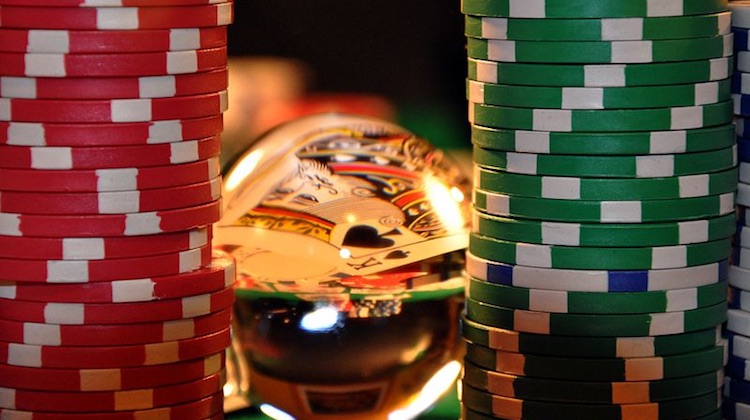Blockchain and Crypto
‘Back to the basics’: What the SEC’s ruling on DAO tokens mean for the industry
- The SEC has ruled Tuesday ethereum tokens bought by investors in the DAO should be treated as legal U.S. securities
- The ruling won't put an end to token sales, also known as initial coin offerings, but it will slow down the ICO frenzy that's taken place this past year








